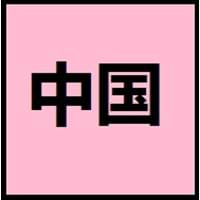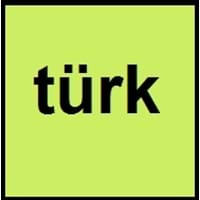Chinese vs Turkish
- Chinese language is tonal, since meaning of a word changes according to its tone.
- In Chinese language, there is no grammatical distinction between singular or plural, no declination of verbs according to tense, mood and aspect.
- Turkish language oldest written records are found upon stone monuments in Central Asia, in Orhun, Yenisey and Talas regions.
- Turkish language was developed in the Middle East, streching all the way to Eastern Europe.
Chinese and Turkish Language History
Comparison of Chinese vs Turkish language history gives us differences between origin of Chinese and Turkish language. History of Chinese language states that this language originated in 1250 BC whereas history of Turkish language states that this language originated in c. 1350. Family of the language also forms a part of history of that language. More on language families of these languages can be found out on Chinese and Turkish Language History.
Chinese and Turkish Greetings
People around the world use different languages to interact with each other. Even if we cannot communicate fluently in any language, it will always be beneficial to know about some of the common greetings or phrases from that language. This is where Chinese and Turkish greetings helps you to understand basic phrases in Chinese and Turkish language. Chinese word for "Hello" is 您好 (Nín hǎo) or Turkish word for "Thank You" is teşekkür ederim. Find more of such common Chinese Greetings and Turkish Greetings. These greetings will help you to be more confident when conversing with natives that speak these languages.
Chinese vs Turkish Difficulty
The Chinese vs Turkish difficulty level basically depends on the number of Chinese Alphabets and Turkish Alphabets. Also the number of vowels and consonants in the language plays an important role in deciding the difficulty level of that language. The important points to be considered when we compare Chinese and Turkish are the origin, speaking countries, language family, different greetings, speaking population of these languages. Want to know in Chinese and Turkish, which language is harder to learn? Time required to learn Chinese is 88 weeks while to learn Turkish time required is 44 weeks.





